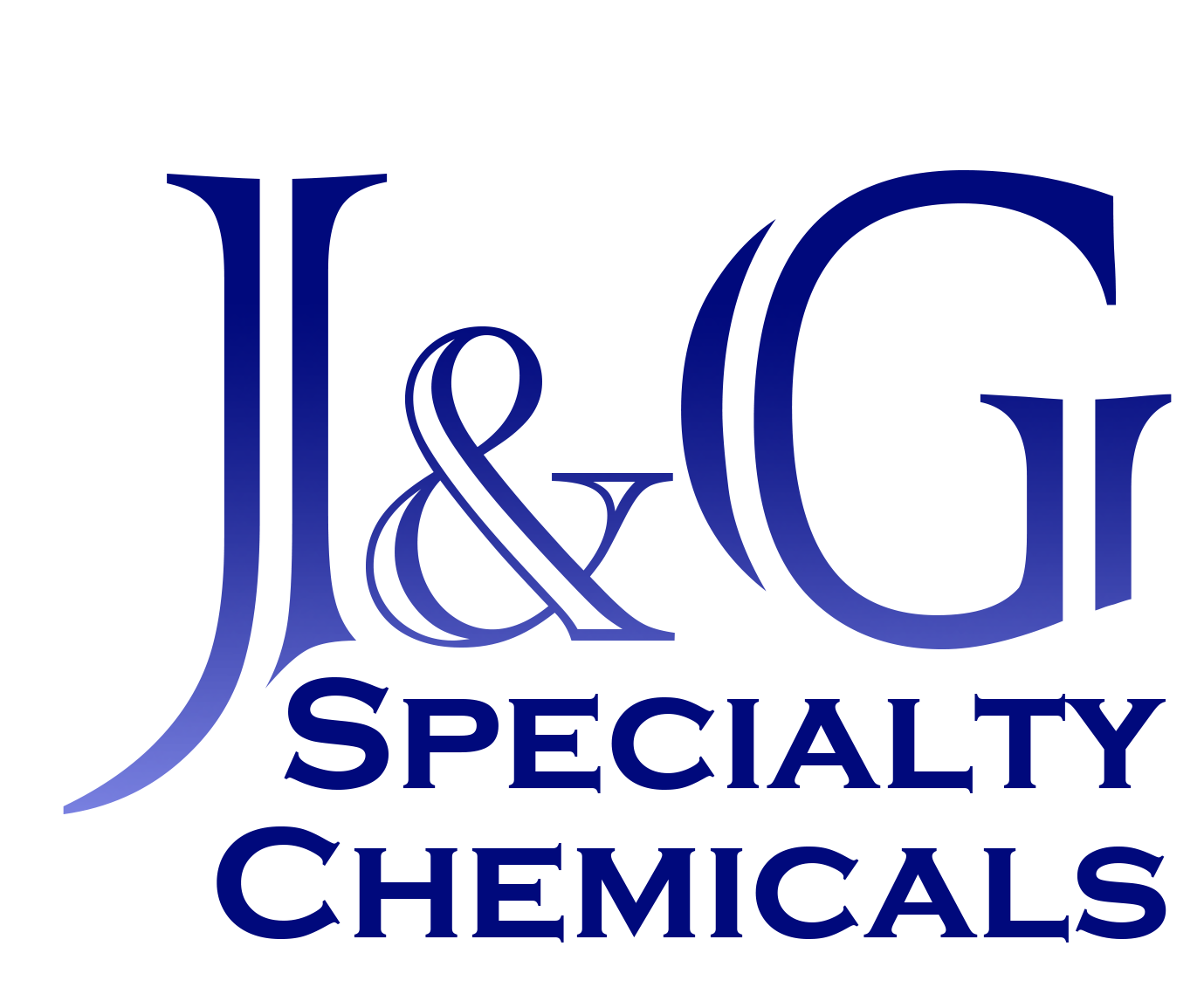Compliance
· Increased and expanding regulations (EPA and state)
· Nutrient removal (improved operations typically with more skilled staff)
· Chemical and biological methods (chemical methods applicable if adequate biological or physical plant methods don’t exist)
Value of water
· Scarcity (ever increasing scarcity due to human activity as well as climate change)
· Reuse direct and indirect (direct reuse is quickly going from option to necessity)
Staff
· Aging workforce (the average age of wastewater treatment operators is 56)
· Technology changes (need to make industry more attractive to younger group that embraces technology)
· Attract from other industries (other industries have people that would fit in well, need to have wastewater industry viewed as more technological, required more skilled labor)
· More training (technological training)
Funding
· Operating costs (energy, sludge disposal)
· Infrastructure (collection system, pump stations, technology)
· Combined sewers (separate, cost of operation with wet weather flows)
· ROI (upgrades last longer than payback time)
· Simplified repairs and/or upgrades that allow for continued permit compliance
· Utility rate affordability (operating and infrastructure costs increasing utility rates)

